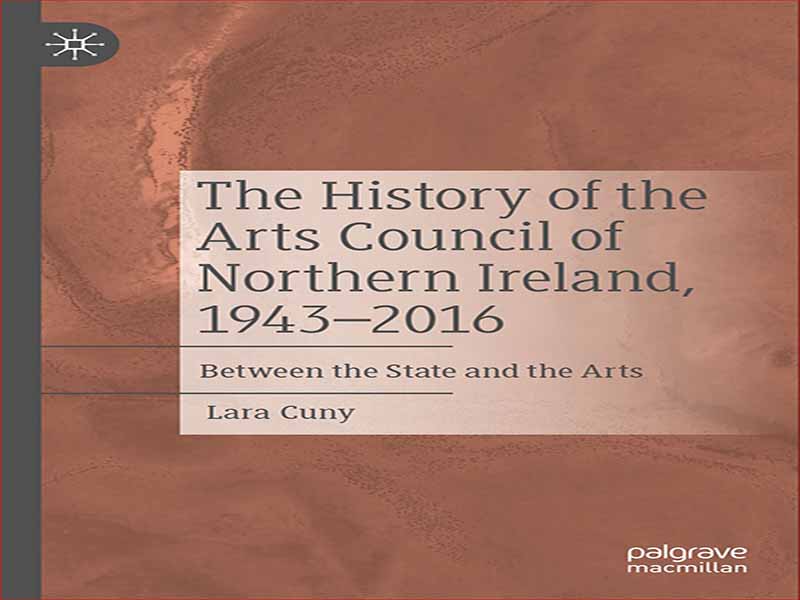- عنوان کتاب: The History of the Arts Council of Northern Ireland, 1943–2016
- نویسنده: Lara-Cuny
- حوزه: ایرلند
- سال انتشار: 2022
- تعداد صفحه: 307
- زبان اصلی: انگلیسی
- نوع فایل: pdf
- حجم فایل: 4.74 مگابایت
در طول جنگ جهانی دوم در بریتانیا، دولت نشان داد که چگونه هنرها میتوانند در تلاشهای جنگ شرکت کنند.1 تا سال 1946، دولت بریتانیا دنیای هنر را در حوزه کاری خود ادغام کرد و مدل جدیدی از حمایت عمومی از هنر را ایجاد کرد. منشور سلطنتی شورای هنرهای بریتانیا (ACGB) ایجاد شد. جان مینارد کینز پیش از مرگش در سال 1946 قهرمان این منشور بود: ظهور دولت رفاه مجبور بود برخی از حمایت های دولتی را از هنرها در بر بگیرد. با این حال، دولتهای توتالیتر مانند آلمان نازی و اتحاد جماهیر شوروی، الگوهایی متقابل بودند که باید از آنها اجتناب کرد. مدل ACGB در آن زمان یک امر بدیع بود، همانطور که توسط گونه شناسی توسعه یافته توسط هری هیلمن چارتراند و کلر مک کاخی نشان داده شد. به گفته آنها، بسته به درجه حمایت مستقیم و نظارت ارائه شده توسط آنها، چهار نوع ارتباط متفاوت وجود دارد. دولتی که می تواند به عنوان یک «تسهیل کننده»، «حامی»، «معمار» یا «مهندس» عمل کند. یک ایالت تسهیل کننده (برای مثال ایالات متحده) به طور مستقیم به هنر یارانه نمی دهد، اما کمک های خصوصی را از طریق معافیت های مالیاتی تشویق می کند.
During the Second World War in the United Kingdom, the government showed how the arts could participate in the war effort.1 By 1946, the British state had integrated the arts world into its remit and created a new model of public support of the arts with the creation by Royal Charter of the Arts Council of Great Britain (ACGB).2 John Maynard Keynes had been its champion before his death in 1946: the advent of the welfare state had to incorporate some state support to the arts. Yet totalitarian states such as Nazi Germany and the USSR were counter-models to be avoided. The model of the ACGB was then a novelty, as shown by the typology developed by Harry Hillman Chartrand and Claire McCaughey.3 According to them, there are four different types of relations, depending on the degree of direct support and supervi-sion provided by the state, which can act as a “facilitator”, a “patron”, an “architect” or an “engineer”. A facilitator state (the United States for example) does not subsidise the arts directly, but encourages private donations through tax exemptions.
این کتاب را میتوانید بصورت رایگان از لینک زیر دانلود نمایید.
Download: The History of the Arts Council of Northern Ireland, 1943–2016



































نظرات کاربران